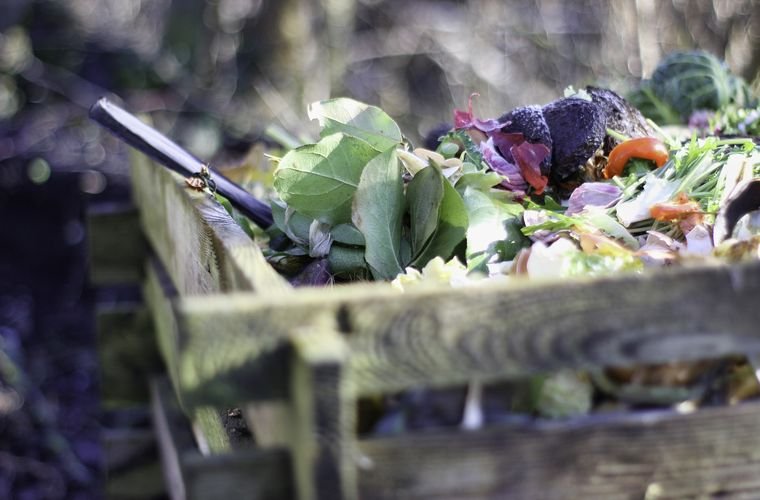There is an ongoing discussion about the best fertilizers for plant growth for those interested in gardening. Some gardeners swear by homemade compost or putting used coffee grounds in the soil. Others use chemical fertilizers to concentrate the nutrients needed for plants. While all types of fertilizer can help encourage the growth of leafage, flowers, and other crops, recent research from the University of California-Riverside offers a new kind of fertilizer in the form of a plant.
Background: The impacts of Chemical Fertilizer
Many growers implement chemical fertilizers to boost the nutrients within the soil. As plants need nitrogen, phosphorus, and potassium to help grow, these nutrients can quickly deplete, depending on the type of plant and soil quality. Fertilizers can help increase these nutrients to promote more plant growth, although they may lead to unwanted side effects in some instances.
Studies have shown that increased use of chemical fertilizers can cause problems like groundwater pollution, soil erosion, and the destruction of soil microorganisms, good organisms in the soil that can also help encourage plant growth. The earth can become too acidic for plants or too dry and crumbly to hold plant roots with too much chemical fertilizer. Because of this, many growers are looking for chemical fertilizer alternatives.
Analysis: Cue the Black-Eyed Peas
In a new study published in Evolution, researchers from the University of California- Riverside believe that the black-eyed pea plant could be planted as a chemical fertilizer alternative. Using genetic testing, the researchers found that the black-eyed pea had genes that promoted a symbiotic relationship with nitrogen-fixing bacteria. Black-eyed peas are part of the legume family, a botanical family that also hosts peanuts and soybeans. Legumes are unique because they emit specific chemicals into the soil, advertising for nitrogen-fixing bacteria to make homes within their roots. Once the nitrogen-fixing bacteria arrive, they form a symbiotic relationship with the plant, as the plant feeds them and increases nitrogen in the soil for the plant. This increase in nitrogen makes the black-eyed pea so enticing for a chemical fertilizer alternative.
In their genetic analysis, the researchers found that the black-eyed pea’s ability to create this symbiosis was not diminished due to farming and cultivation. According to University of California-Riverside professor of evolution and ecology, Joel Sachs: “The ability of legumes to do this caused them immense success as the third biggest plant family on the planet.”
Outlook: Encouraging Less Chemical Fertilizers
With alternatives like the black-eyed pea, Sachs and his team hope more growers and farmers make the switch away from chemical fertilizers. These chemical fertilizers are added in large quantities that the excess can end up in lakes, streams, or oceans. The extra nitrogen can also get into the atmosphere as a greenhouse gas. “To make agriculture more sustainable, one of the things we need to do is focus on the plant’s ability to get services from microbes already in the soil,” Sachs explained, “rather than trying to get those services by dumping chemicals.”
Kenna Castleberry is a staff writer at the Debrief and the Science Communicator at JILA (a partnership between the University of Colorado Boulder and NIST). She focuses on deep tech, the metaverse, and quantum technology. You can find more of her work at her website: https://kennacastleberry.com/.

